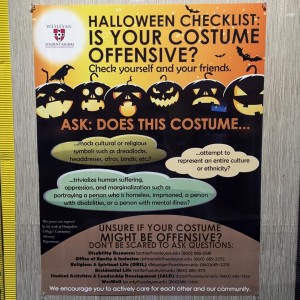After not completely stopping before making a right turn on red — what I’m told is called a “California Stop” — I had to sign up for online traffic school. The experience was not as bad as I feared, as students are allowed to proceed at their own pace, and there is no penalty for finishing earlier than anticipated. (When I took online training as part of new employee orientation here at SJSU, for example, one could not proceed from one section to the next until the time allocated for the section had expired, so lots of time was spent watching the counter count down.) Also, I was pleasantly surprised to see that social science research was cited. Here’s an example: “Different people have different beliefs about what causes road rage. A sociologist might say society as a whole has broken down and the values we shared have deteriorated. A psychologist might say vehicles provide drivers with a sense of power as well as anonymity, which can lead to road rage. If you ask traffic engineers they may claim lack of proper driving skills and driving at variable speeds leads to acts of road rage.”
Later in the section on road rage we get this: “Lack of respect for the law is another factor that encourages aggressive driving. The moral values of our society have changed over the years, and it has led to the growing lack of respect for law enforcement authorities. Many people believe factors like breaking down of the extended family, influence of media, and other aspects of modern society have led to this attitude toward the law and authority.” It would have been really nice if the authors had thrown in sources for further reading, but at least some basic information is presented. Hopefully some students will take the initiative to do additional research on their own!

